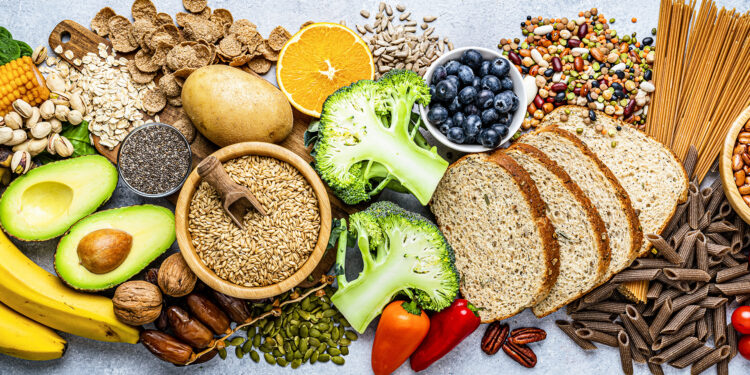Brazil, which is one of the largest agricultural powers in the world, is facing the worst drought in its history, which threatens to raise global food prices and have huge repercussions on its economy, according to what Bloomberg stated in a report.
With major crops such as coffee, sugar and soybeans affected, the economic and environmental impact of this prolonged drought extends far beyond Brazil’s borders, according to the agency.
As the impact of climate change increases, these long periods of drought are becoming the norm, turning lives and economies upside down.
Major crops are at risk
Bloomberg says that for farmers like Jose Orlando Sintra Filho, who has been growing coffee for 36 years, the situation is unprecedented. Rain did not fall on his coffee crops for more than 6 months, and this led to the failure of the usual white flowers to appear, which are the flowers that indicate a good harvest season for the “Arabica” coffee plant, which is used in the products of international companies such as Starbucks.
The impact of drought is not limited to local production only, but extends to the entire world. Brazil is the source of a third of the world’s coffee supplies and half of the global sugar trade. Any disruption in their production could lead to a rise in the prices of these commodities globally.
The agency stated that Arabica coffee futures rose by 11% last September alone, recording their highest level in 13 years.
Although the increase slowed slightly in the first days of October, prices are still high, and the risk of future crop failure remains.
Likewise, raw sugar futures in New York rose 16% last September, and prices continued to rise, reaching a 7-month high.
Fires exacerbate the disaster
Bloomberg notes that in addition to the impact of drought, extreme conditions have caused widespread fires, and this has further exacerbated the environmental and economic crisis. Last August, the state of São Paulo, which is the largest sugar producer in Brazil, witnessed unprecedented fires that destroyed large areas of sugar cane crops.
Bloomberg estimates that the fires not only threaten sugar production in Brazil, but also contribute to the release of massive amounts of greenhouse gases, which increases the climate crisis. As forests burn and carbon dioxide is released into the atmosphere, the Amazon forests continue to shrink at an alarming speed, further exacerbating environmental problems.
Transport and energy crisis
The transportation of some agricultural products produced by Brazil also depends on rain. Water levels have fallen at some major ports known as the Northern Arc, a group of ports responsible for about a third of the country’s soybean exports.
If the drought continues, transport companies such as Hydrovia do Brasil may be forced to reduce the volume of shipments so that lighter ships can sail through critical points.
Bloomberg says that a similar situation led last year to lower profit expectations for the transportation company.
Brazil also depends on hydropower to generate two-thirds of its electricity needs, and with the lack of rain, electricity prices have risen, and this has increased the economic burden.
According to economist Brolo Borges, this drought may add about 0.3% to the inflation rate by the end of the year. He added: “Drought increases pressure on costs and limits GDP growth.”
Global repercussions
Drought in Brazil is not just a local crisis; Rather, it has broad implications for global food security. Brazil is a major exporter of many commodities, such as soybeans, which are used in animal feed and biofuel.
If the drought persists, this could delay planting of the next soybean crop, increasing pressure on global supplies, according to Bloomberg.
Fears of a delayed harvest contributed to pushing prices up on the Chicago Stock Exchange. Markus Jank, professor of global agriculture at Inspire University, said in an interview with Bloomberg: “The world not only depends on Brazil, but when Brazil faces major problems like this drought, it can affect… “This is significantly lower than international prices.”
In response to this crisis, the Brazilian government announced that farmers affected by fires and drought would have access to special lines of credit to help restore damaged lands, while 6.5 billion reais ($1.2 billion) were made available from the National Crop Plan to support these farmers with better borrowing terms than… Market.



